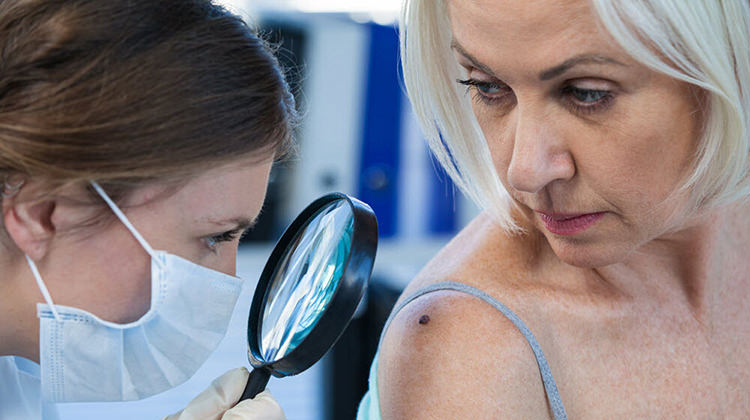Richmond, Va., – The Board of Directors of the Organ Procurement and Transplantation Network, at its meeting June 26, unanimously approved measures intended to improve the process kidney transplant programs use to consider available organ offers. By making better usage of offer filters, kidney offers may be made more efficiently to programs that are most likely to accept such offers for their candidates.
“Every transplant program is responsible for deciding which characteristics of donor organs are acceptable for their transplant candidates,” said Jerry McCauley, M.D., M.P.H., president of the board. Read the full article from UNOS here.








